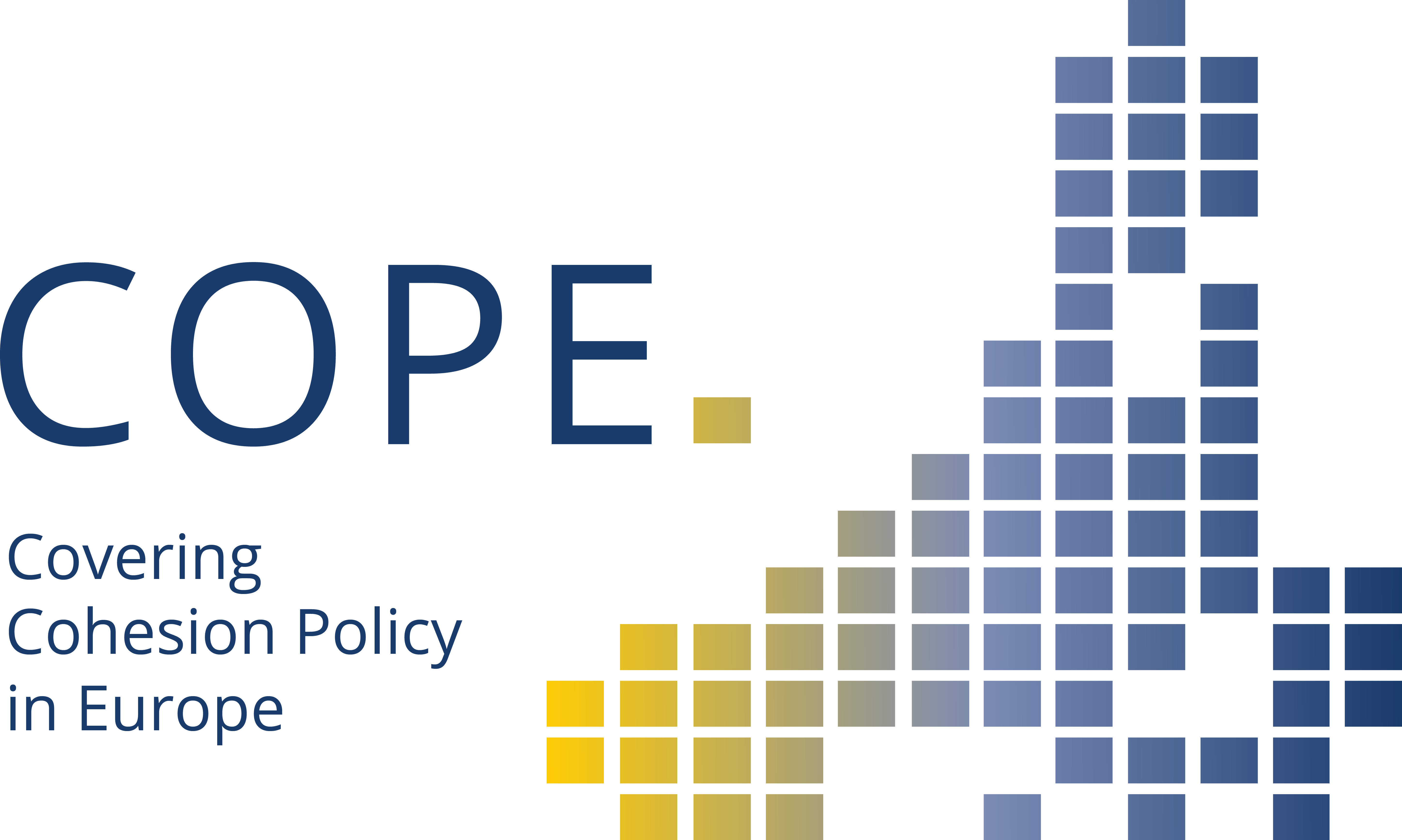MOOC Description
A comprehensive set of 14 modules will enable journalism educators across the EU to systematically teach journalism students to better understand the functioning of EU institutions and the complex factual dimensions of cohesion policy in the EU. Journalism students will also learn how to practically translate this knowledge into sound and sensitive, yet critical and fact-based multi-media reporting techniques addressing local audiences. The course will be highly attractive as well for in-house trainings in European news media, addressing practising young newsroom staff. The MOOC will make a special effort to train journalism students in finding the regional angle in EU coverage, to make coverage relevant for local audiences, and act as watchdog to cover and assess the spending of cohesion funds by local actors in the regions across the EU. In order to foster cross-border co-operation, the MOOC makes a point of supporting journalism students in collaborative techniques of EU coverage, can prepare a pitch and get feedback in the MOOC’s LAB. Journalism educators will be substantially supported by experienced scholars (from the field of political science, mainly public policy and European studies) dealing with Cohesion Policy and EU policies in general, both in the process of the preparation of course modules and the implementation of the curriculum. Thus, an interdisciplinary approach is key for this project.

MOOC Availability
The MOOC will be available in all EU languages, and adapted to regional and local (policy and media) contexts: Selected modules will have “local windows” to be filled with country-specific contents (in terms of impact of cohesion policy on local contexts, in terms of local media ecosystems and audiences, etc.). MOOC contents could be developed with a focus on the specific policies of each one of the 27 participating countries. In the Portuguese case, for example, the cohesion policies could be more related to the Agriculture, Fisheries and Tourism lines, by bringing attention to the effects of cohesion in local features that could act as levers for a more effective dissemination and, furthermore, for a greater sustainability of the project. Cohesion Policy scholars will be involved in preparation of country-specific materials.

